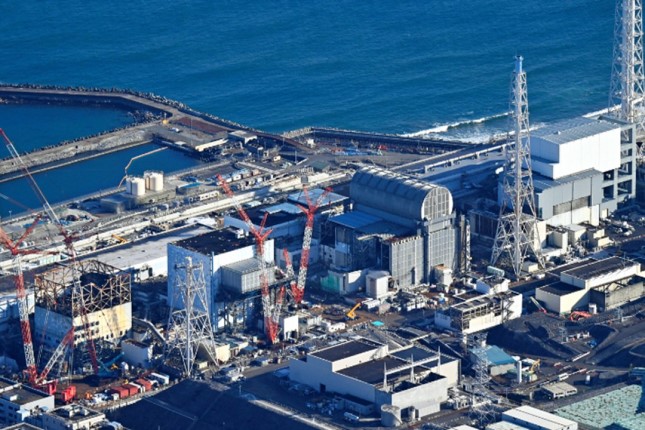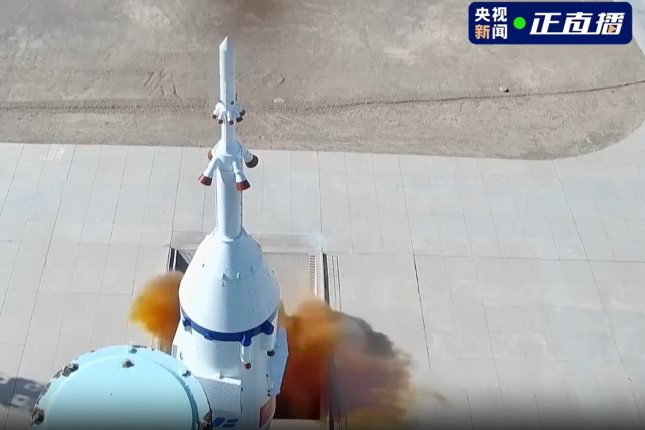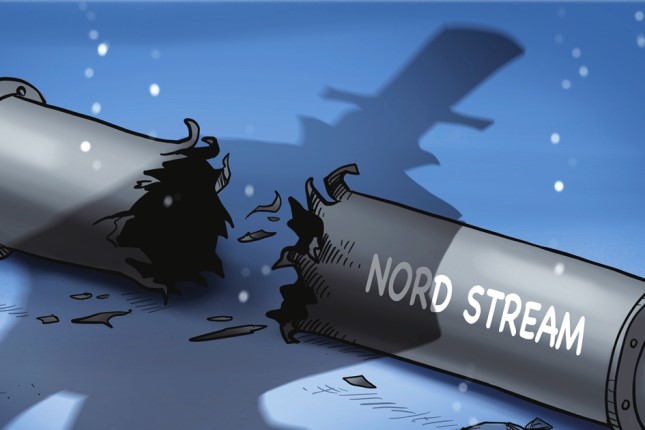The Labor Party called on the Democratic Progressive Party (DPP) authorities to take the issue seriously and condemned the Taiwan authorities ,who have not lodged any official protest against Japan, as many countries and regions in the world have expressed protests and condemnation in the face of Japan's irresponsible rogue actions.
Japan plans to release stored nuclear-contaminated wastewater from the Fukushima nuclear power plant into the ocean this summer, claiming that the treated wastewater is below the "national standard" after dilution, according to media reports.
However, fishery products caught in the vicinity of the Fukushima Daiichi nuclear plant in May this year had cesium levels exceeding Japan's food safety standards by a staggering 180 times, reported the Kyodo News.
Despite the report by the International Atomic Energy Agency (IAEA) that the detection models provided by Tokyo Electric Power Company (TEPCO) are not suitable for assessing the deposition of radioactive substances in the human body and other organisms, the Japanese government still relies on TEPCO's report and claims that the diluted nuclear wastewater poses no harm to biota and human health.
Japan's Deputy Prime Minister Taro Aso went so far as to claim that "drinking nuclear wastewater is harmless." Despite the repeated attempts by the Japanese side to argue that radioactive substances such as tritium and strontium-90, which have carcinogenic properties, are unlikely to spread with ocean currents. And it is well known that nuclear radiation contamination accumulates in organisms through the food chain and ultimately reaches the human body when consumed.
Now even the konjac powder imported from Japan's Gunma Prefecture by the island of Taiwan has been found to have excessive levels of radioactive cesium, serving as undeniable evidence of the issue of radioactive contamination in Japan's food supply chain, the Labor Party said in the notice.
The Labor Party also expressed concerns about food safety in Taiwan and cited computer simulation data from Helmholtz Centre for Ocean Research in Germany, which indicates that after the discharge of nuclear-contaminated wastewater into the sea, the remaining radioactive substances would contaminate a significant portion of the Pacific Ocean within only 57 days, and at the slowest pace, reach the waters near the Taiwan island within a year.
At that time, not only will the Japanese nuclear-contaminated food entering the Taiwanese market poses a food safety risk, but the seafood around Taiwan and the crops irrigated along the coastal areas will also be affected by nuclear pollution. The entire coastal ecosystem of Taiwan will suffer from almost irreversible damage, causing a severe impact on the island's food safety and environmental protection.
Photo: Aerial photo shows the damaged reactors at Fukushima Daiichi nuclear power plant on January 19, 2023, in Fukushima, Japan © VCG.
Source: The Global Times.
































